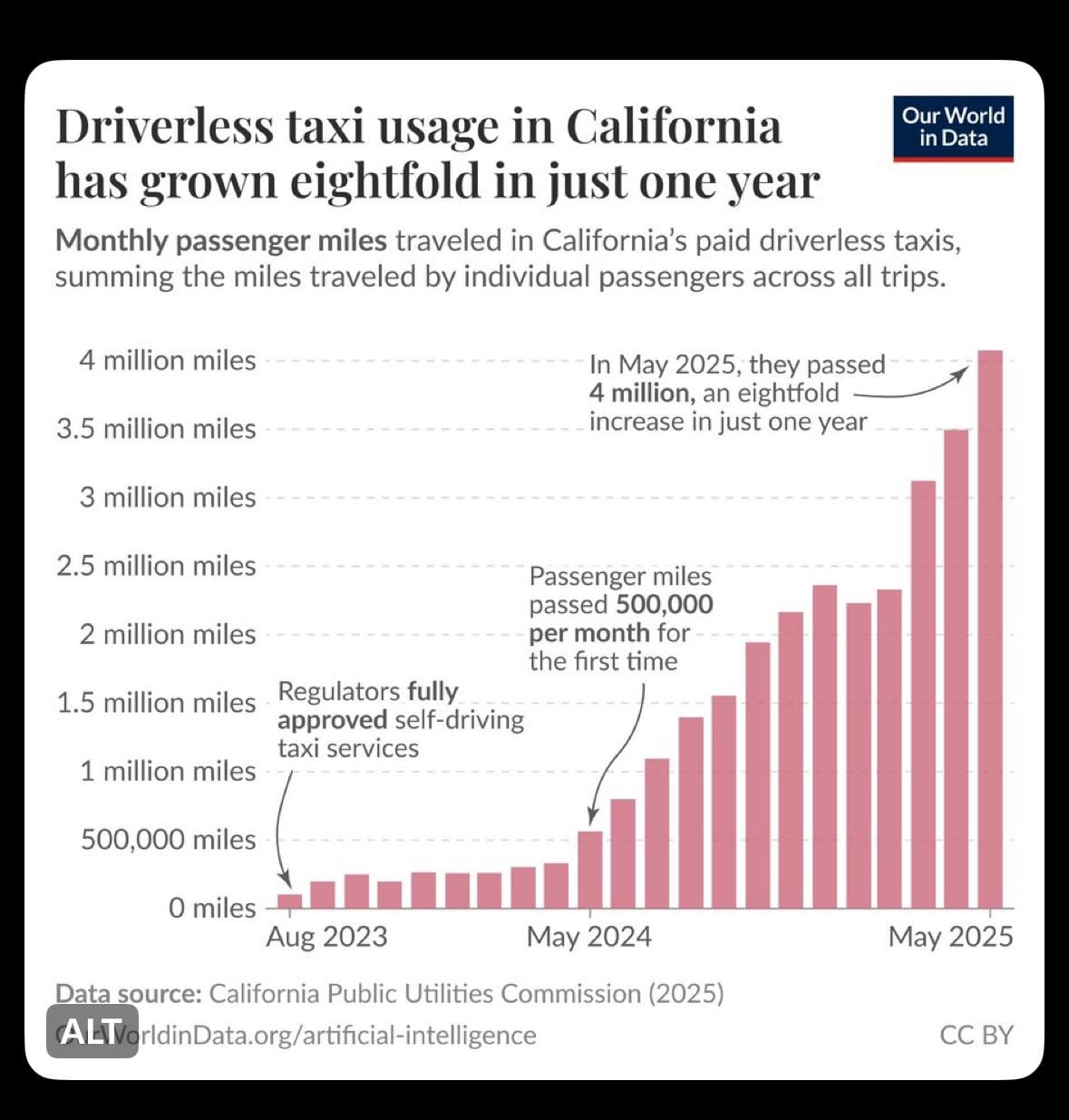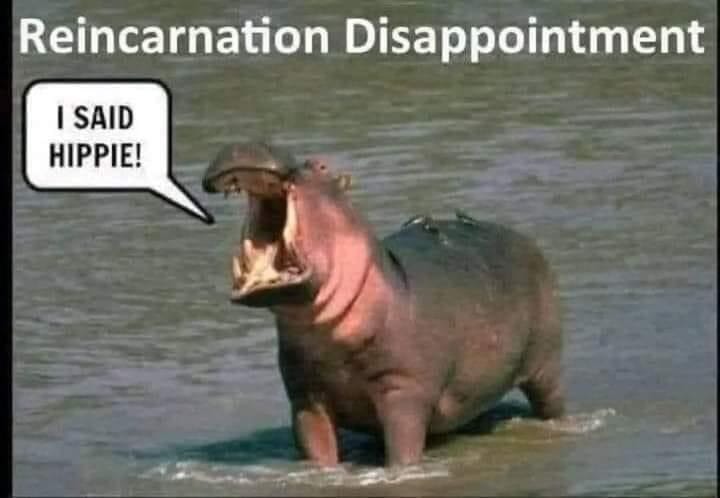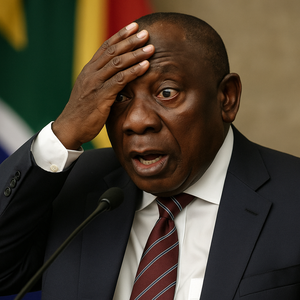We got treated to some wonderful evidence this past week about the abstruse dangers of political honesty.
When President Cyril Ramaphosa addressed thousands of ANC councillors and mayors from across South Africa at a large ANC councillor 'roll-call' event in Soweto at FNB Stadium on Monday, he made the absolutely shocking comment that DA municipalities are generally better run than ANC municipalities. Horrors!
There is, as we all know, an unfortunate underlying narrative here. This narrative suggests people who propose that DA municipalities are better-run make use of the despicable “factual analysis” and “calculation” methodology.
These charlatans contend, for example, that out of 257 municipalities in South Africa, only 34 achieved clean audits in the 2022/23 financial year. That is roughly 13% of municipalities. Of these 34, 63% are DA-run municipalities (either outright majority or in coalition).
That’s not the only piece of misinformation that the DA flagrantly flaunts using the discredited “fact” system. The think tank Good Governance Africa’s annual Government Performance Index, published in 2019, ranked SA's 213 municipalities in terms of administration, economic development, and service delivery. It found that of the top 20 best-performing municipalities, 15 were run by the DA either alone or in a coalition. In subsequent reports, demonstrating a version of good governance (which may or may not have been instituted following pressure from a certain political party), Good Governance Africa stopped referring explicitly to the political parties running each municipality. However, they continued to apply their methodology.
Classifications showed the same thing, more or less, even without party breakdowns. For example, in the “large town” category, of the eight towns the DA runs, five came out on top, and the remaining three in the top ten out of 26.
The big problem for the ANC is that its political ideology continues to assert that the DA “only cares about rich, white people”, and yet, if it's true that their municipalities do better for all people, this claim could perhaps be viewed by some as “incorrect”. So there is some sensitivity here. Understandably.
What Ramaphosa said was not as bald as it was reported. “It is usually painful each time when the Auditor General comes to report to Cabinet and they put up their report and those municipalities that do best are not ANC-controlled municipalities and I can name it here because there is nothing wrong with competition, they are often DA-controlled municipalities,” is what he actually said.
“And there is nothing wrong with us saying we want to go and see what Cape Town is doing, we want to go and see what Stellenbosch is doing, how do they craft everything,” he said. “We need to be moving up the ladder or being good at what we do, we cannot forever stay at the bottom. It hurts me deeply when I continue to see that our municipalities tend to move even backwards and you are the people who can improve that.”
Well, that was very unwise statement, I think we all agree. And his faithful and dutiful political cohorts, who always support him, whatever the circumstances, took him aside and absolutely berated him at an ANC National Executive meeting. Respectfully you understand. They argued that this perspective was an appalling “own goal”.
In public, Cosatu’s first deputy president, Mike Shingange, whined about Ramaphosa’s remarks as “unfortunate”, presumably because he was now clearly utilising the discredited “facts” methodology. Shingange huffed that such statements undermine the ANC and its allies, especially at a time when service delivery challenges and coalition tensions are dominant political issues. Because you know, sometimes service delivery is actually not that important.
So Ramaphosa had to go out and correct this truthfulness, always a tricky process. He made the point, using the well-known “horse manure” methodology, that clean audits don’t, on their own, solve all service delivery issues, especially for the poor.
Actually, when you think about it, it's clear they pretty much do. But, he said, there was still considerable work for ANC municipalities to reach poorer communities, and that even DA municipalities have shortcomings in underserved areas.
Ramaphosa could have learned from Machiavelli, who argued that rulers must learn “how not to be good” when survival demands it. Honesty, Machiavelli warned, could be fatal in politics. “It is unnecessary for a prince to have all the good qualities I have enumerated, but it is very necessary to appear to have them. I shall dare to say this also, that by possessing them and always observing them, they are harmful, while by appearing to possess them they are useful", he wrote in The Prince.
The problem is that political honesty is like a lightning strike: it illuminates everything in an instant, but it can also burn the one who speaks, as Ramaphosa has now probably learned. In politics, too much candour can look like weakness, while too little undermines legitimacy.
Some rare leaders pull it off. Famously, Winston Churchill told parliament upon becoming prime minister, “I have nothing to offer but blood, toil, tears and sweat.” That was pretty brutal. US President Harry Truman was often candid to a fault. When asked why he fired General MacArthur, he replied: “I fired him because he wouldn’t respect the authority of the President. I didn’t fire him because he was a dumb son of a bitch, although he was.”
Nelson Mandela could also be harshly honest, but a lot depended on the moment. The trick that Mandela mastered was to combine inconvenient truths with a broader uplifting vision for the country.
That’s difficult to do if you have been running the country poorly for 31 years. 💥
From the department of better him than me ...

From the department of slowly, then very, very quickly ...

From the department of disgruntled hippos ..

Thanks for reading - please do share if you have a friend (or enemy!) you think would value this blog and ask them to add their email in the block below - it's free for the time being. If the sign-up link doesn't appear, you'll find it on the site.
Till next time. 💥




Join the conversation